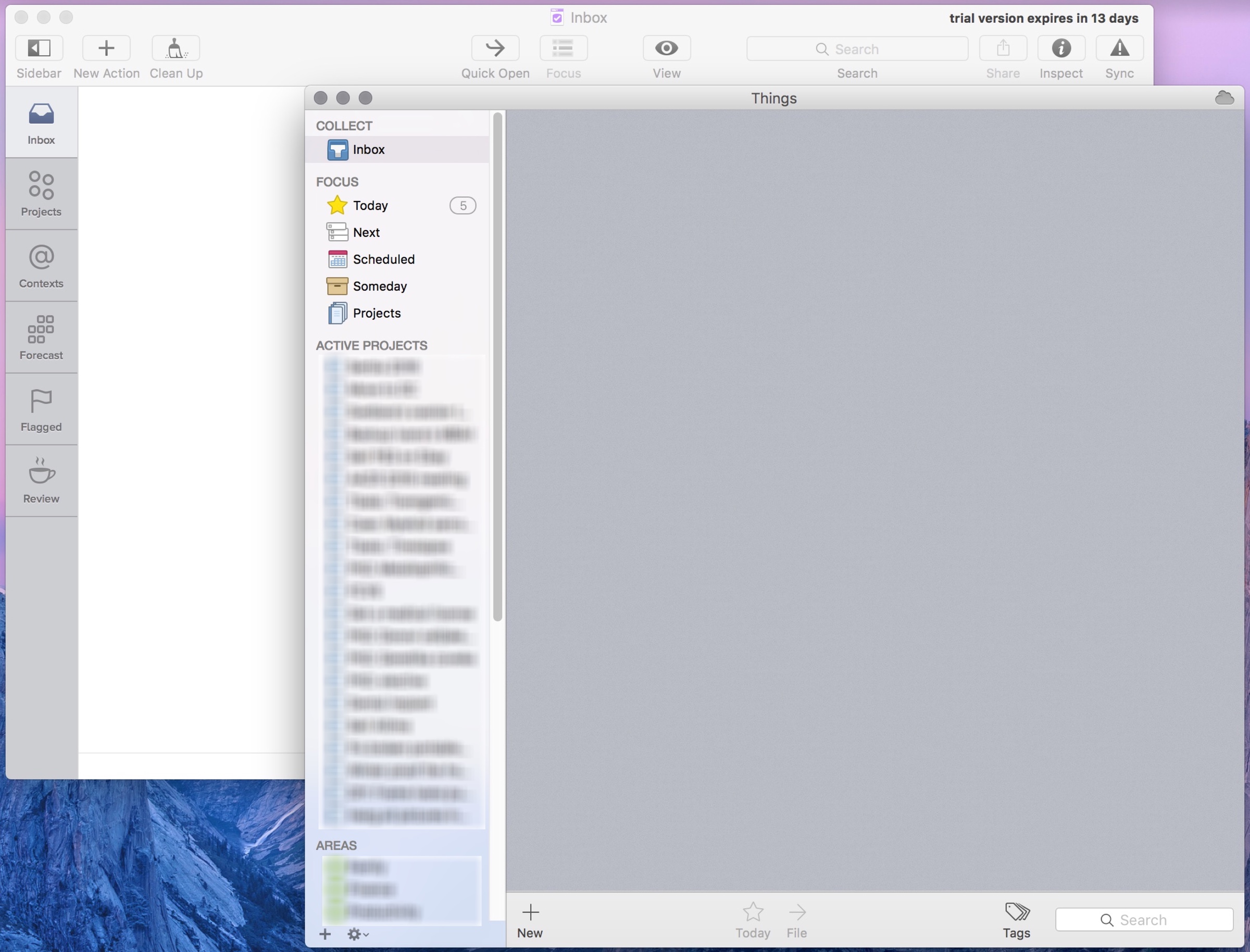Last week I shared a brief reflection on a tiny aspect of my commute.
Please check it out it if you haven’t already, it is a quick read.
Wasn’t that nice? It started by introducing some old concepts in a
new light—you knew about trains before, and maybe even knew there was
a MARC Penn that line goes from Baltimore to DC, but probably didn’t
know the specific trains and their timetables. Then it gave you a
coherent explanation of a phenomenon you hadn’t known about before. This
first caused slight, but not unpleasant, cognitive strain while you
were figuring out what I writing about, followed by the small pleasure
of an ah-hah moment once the pieces clicked.
It was a brain massage, if you will. It was also complete bull.
Not that anything I wrote was wrong, as far as I know, but I didn’t
give many arguments for it being right, either. There were no ridership
statistics or arrival times to back up my claims. And even if there
were—I didn’t give any alternative hypotheses to explain the situation,
nor reasons why those would be less likely than my own explanation. When
you think about it, it was more of a brain Twinkie than a massage—all
empty calories, with a fleeting feeling of fullness.
Welcome to 99.99999% of the written word, and to anything ever spoken
out loud.
We like stories. They need to make a threshold amount of sense (this is
why societies universally ostracize schizophrenics). They should contain
an element of surprise (it is not that the 7:07 train would come later
than the 7:23—twists like that do not surprise anyone any more—it is
that it comes in much earlier because people think it wouldn’t). And
they get bonus points if—as my last parenthetical implied—they paint
the others as stupid or incompetent. There are many more checkboxes;
more of them checked, the better the story.
Most professions are based on storytelling. Doctors tell different
stories to their patients, each other, and themselves—as do most other
scientists, to a different degree. Lawyers tell stories to their clients
to make them believe they will craft good ones for the judge, jury, and
the opposing side. Ask a marketer what makes a good commercial (spoiler: story).
Being a coal miner doesn’t involve telling stories. No one wants to be a
coal miner.
Our minds prefer a good story over a true one, and will have us believe
it more, too. However, the more boxes you see checked, the more
suspicious you should be that someone manipulated the tale to make it
more pleasurable, ergo memorable, ergo believable.
(So, if what you’ve just read made sense…)
If you are looking for an objective truth—or getting as close to it
as possible—any medium that involves audio/visual queues will be an
impediment. Sights and sounds stir up emotions, and emotions prime us to
believe or not to believe. Pay attention to the background music in a
documentary, or how the desk of that shifty lawyer they’re interviewing
is a complete mess.
TV news is, of course, a joke—this is why comedy shows are becoming the
most popular delivery form.
Written word has its own way of deceiving—anecdotes, incomplete data,
misquotes, lazy references—all to make a better narrative. Just read
anything by Malcolm Gladwell. And look at the time it takes to get
to the bottom of just one tiny factoid in that story of the iron
content in spinach. Finding truth is exhausting and exasperating, and people whose
job it is to find it (hello, accountants) are way less fun than those
who make stuff up. Mark Twain said it best:
A lie can travel half way around the world while the truth is putting on its shoes.
Misquoted? Most likely. Or is Huff Post wrong? It wouldn’t be the first time.
There is nothing in this post that bigger and better minds than my own haven’t
written about already. But
that’s a boatload of pages! Not many people have the time, discipline,
and interest to read all that—and even if they did, they would keep
making the same mistakes over again, as shown in several studies
described in those same books (yes, yes, all studies are flawed; one
windmill at a time, please). These things are hard-wired, and for a good
reason—evolution doesn’t care for objective truths.
Or maybe it does. I don’t know, I’ve just made it up.

